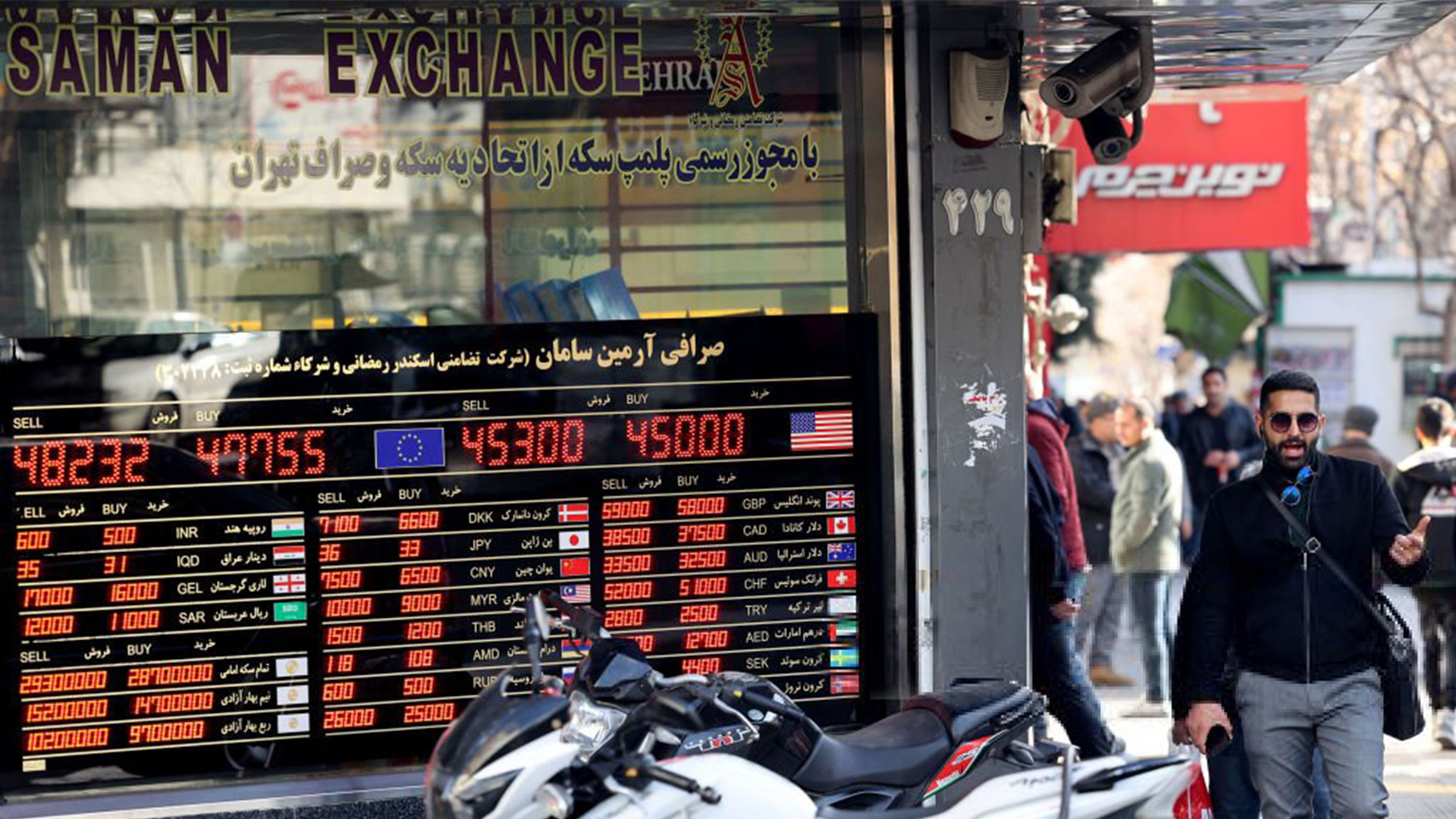In an unexpected move, Baghdad announced the release of $ 3 billion of Iranian assets frozen in its banks under US sanctions, what is the secret behind this and what is the impact of this measure on the nuclear agreement between Iran and the United States?
The move comes shortly after Tehran denied reports that it was about to reach an agreement with Washington to lift some sanctions in exchange for curbs on its nuclear program, stressing that there is no alternative interim agreement to the nuclear deal on the agenda.
Explaining the surprising action, Joseph Sirencioni, a former member of the secretary of state's advisory board and senior fellow at the Quincy Institute, noted that Iraq owed Iran $2.7 billion in energy bills, but could not pay it because of U.S. sanctions, which prompted him to appeal to America to agree to release this amount.
Serencioni explained in statements to the program "Beyond the News" on 2023/6/10 that Tehran's decision to partially stop supplying energy to Baghdad prompted Washington to agree to Baghdad to release $ 3 billion of Iranian money in Iraqi banks, and did not rule out that the US decision is in the context of showing goodwill to Tehran, in an effort to encourage it to reach an agreement on uranium enrichment, and also expected South Korea to take the same step as Iraq and with American blessing as well.
Plan B
However, Hossein Royoran, a researcher specializing in regional and strategic issues, said that the release of part of Iran's funds abroad comes in the context of an alternative plan implemented on the ground, after the Vienna negotiations reached an impasse and the military plan against Iran entered into a crisis, he said.
He explained that the essence of the alternative plan is based on a partial mutual commitment from the two parties without declaration or signature, and went on to say that "Iran committed to the IAEA in exchange for the release of funds and there may be a reduction in the level of enrichment pending new breakthroughs."
He added that at the European level, Iran is demanding to have a financial platform through which it can carry out its banking transactions at the international level, and expressed his belief that the Europeans will have a key role in the commitments that will be agreed upon.
Royuran explained that Tehran is demanding that America return to the 2015 agreement, which Washington completely rejects, and demands a complete lifting of all sanctions within the framework of the Vienna negotiations, while Washington cannot return to the agreement, and therefore this pressure was vented with an alternative plan far from any public commitment from both parties.
Iranian reports have said Tehran will soon receive $24 billion from its assets frozen abroad. Local Iranian media said South Korea's $7 billion would be among the released amounts. Local media indicated that $10 billion would be the amount of what would be released from Iraq.
Iran could also receive up to $7 billion in dues to Iran, thanks to negotiations between Iran and the International Monetary Fund.
Tehran announced in April last year the release of a large part of Iran's frozen assets after reaching an agreement independent of the nuclear deal.

